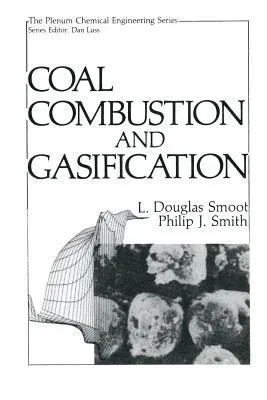L Douglas Smoot
(Author)Coal Combustion and Gasification (Softcover Reprint of the Original 1st 1985)Paperback - Softcover Reprint of the Original 1st 1985, 17 August 2013

Qty
1
Turbo
Ships in 2 - 3 days
In Stock
Free Delivery
Cash on Delivery
15 Days
Free Returns
Secure Checkout
Part of Series
Plenum Chemical Engineering
Print Length
444 pages
Language
English
Publisher
Springer
Date Published
17 Aug 2013
ISBN-10
1475797230
ISBN-13
9781475797237
Description
Product Details
Authors:
Book Edition:
Softcover Reprint of the Original 1st 1985
Book Format:
Paperback
Country of Origin:
NL
Date Published:
17 August 2013
Dimensions:
22.86 x
15.24 x
2.36 cm
ISBN-10:
1475797230
ISBN-13:
9781475797237
Language:
English
Location:
New York, NY
Pages:
444
Publisher:
Series:
Weight:
607.81 gm

